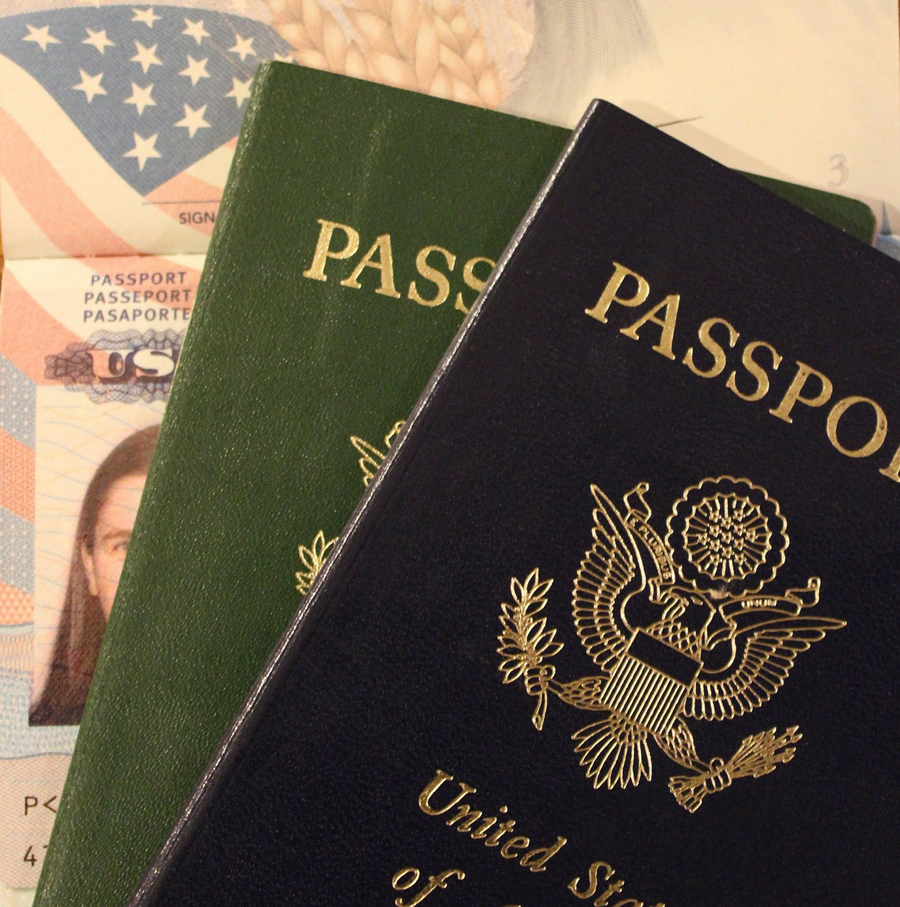The Internship: Rights and Obligations of The Intern and The Restaurant Owner
In France, the internship period can not exceed 6 months per academic year. An agreement must be signed by:
- The intern
- The host company
- The training institution
- The referring teacher
- The internship tutor
If the internship exceeds 2 months and one day, the student receives a bonus of about € 554, otherwise it is at the whim of the employer. Employers do not have to lodge and feed the students, but this varies depending on the contracts / agreements established between the training institution and the employer. On the other hand, the employer is obliged to pay a share of incurred transportation costs to complete the internship.
Similarly, the training institution is not obliged to place the one in an internship. Often, the student must find an internship on his own, which can be a hard task for international students. It is, therefore, best to identify schools that place their students.
Health Coverage
For nationals of a member state of the European Economic Area or Switzerland
For European students, it is important for you to make steps beforehand to have the European health insurance card. In this way, you will benefit from the coverage of the cost of medical care. You will be insured under the social security system of your country of residence.
You are an international student (outside the U.E.)
Because the company hosting does not have an obligation to contribute to you, you are obliged to take out private insurance.
Rights to the French social security
You can also be insured by the French social security, provided that you are:
- under the age of 28 on October 1st of the current academic year.
- enrolled in an institution that’s accredited by the Social security.
Visa for international interns
Different types of visas:
- “Schengen” visas or short-term visas are awarded for a stay of up to 90 days. For this type of visa, the form to fill out is the cerfa No. 14076 * 01
- The long-term visas are issued for stays longer than 90 days. For this type of visa, the form to fill out is the cerfa No. 14571 * 02
Note well that these visas allow the holder to travel freely in the 26 country members of the Schengen agreement for a maximum of 90 days in any 180-day period.
Where to apply?
To obtain a French visa, you must contact the consulate or visa department of the French Embassy in your country.
The file:
Your application must include all documents required to be studied. The documentation requirements often vary from one country to another; there is no predefined and international list. You can usually download the list from the embassy or consulate website. You will also be required to pay for the administration costs.
It is important to know that a file with missing documents will be systematically rejected. So remember to provide all the documents requested.
Deadline:
- For a short stay visa, the response will be issued 15 days after your application. Except in exceptional cases which can go up to 60 days.
- For long-term visas, waiting times vary from one country to another. It is therefore essential to make the application 6 months before the departure date to anticipate delays and other problems you may encounter.
Once your application is accepted, a sticker will be placed in your passport to prove possession of a visa.
In case of refusal, you can challenge the decision (refusal of visa) before the Board of appeal, but you must also present a new visa application.
Price:
For a short-term visa (<90 days), the application fees amount to €60. To obtain a long-term visa (> 90 days), the price is €99.
Conditions for obtaining a visa:
The French visas are not necessary for some countries; the table below will inform you better.
| VISA NEEDED DEPENDING ON THE COUNTRY | ||
| COUNTRY / AREA | SHORT STAY (less than 90 days) |
LONG STAY (more than 90 days) |
| EEE Austria, Belgium, Bulgaria, Czech Republic, Croatia, Cyprus, Denmark, Estonia, Finland, France, Germany, Greece, Hungary, Iceland, Ireland, Italy, Latvia, Liechtenstein, Lithuania, Luxembourg, Malta, Netherlands, Norway, Poland, Portugal, Romania, Slovakia, Slovenia, Spain, Sweden, United Kingdom |
||
| SUISSE MONACO ANDORRE | ||
| Albania, Andorra, Antigua, Argentina, Australia, Bahamas, Barbados, Barbuda, Bosnia and Herzegovina, Brazil, Brunei Darussalam, Canada, Chile, Colombia, Costa Rica, Croatia, El Salvador, Guatemala, Honduras, Hong Kong, Israel, Japan, Macau, Malaysia, Mauritius, Mexico, Monaco, Montenegro, Nicaragua, New Zealand, Panama, Paraguay, South Korea, Saint Kitts and Nevis, Saint-Martin, Saint Siège, Serbia, Seychelles, Seychelles, Singapore, Taiwan, Uruguay, USA, Venezuela | ||
| ALL OTHER COUNTRIES | ||
We strongly recommend that you contact Campus France for additional information:
http://www.campusfrance.org/fr/espaces/map

Once in France:
Once you have arrived in France, you will have to send the form titled “demande d’attestation OFII” (submitted to you along with the visa) to the Direction Territoriale de l’OFII of your department so that OFII can contact you and certify your presence. A photocopy of your passport pages containing your identity information, the stamp issued by the police at the border, and the issued visa are to be enclosed in this mail as well.
Then, the Direction Territoriale de l’OFII in your department will contact you by mail. After an appointment has been scheduled, you must go “validate your visa,” and you must pass a medical examination.
At the meeting (appointment day), you must bring:
- Your passport
- Proof of address
- A full-face photo
- A medical certificate issued by the doctor of the OFII (if you have already been to see the doctor)
- Tax/Revenue stamps
